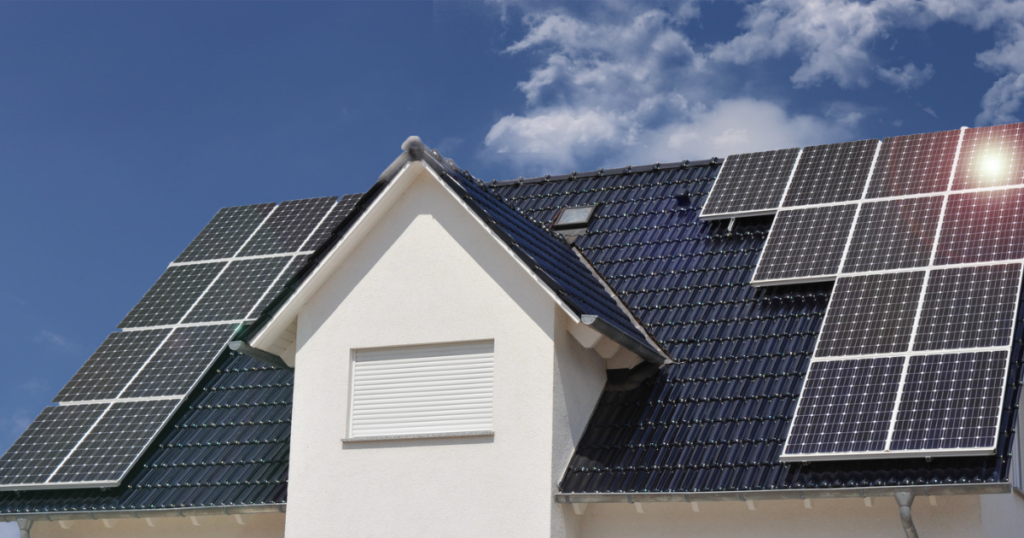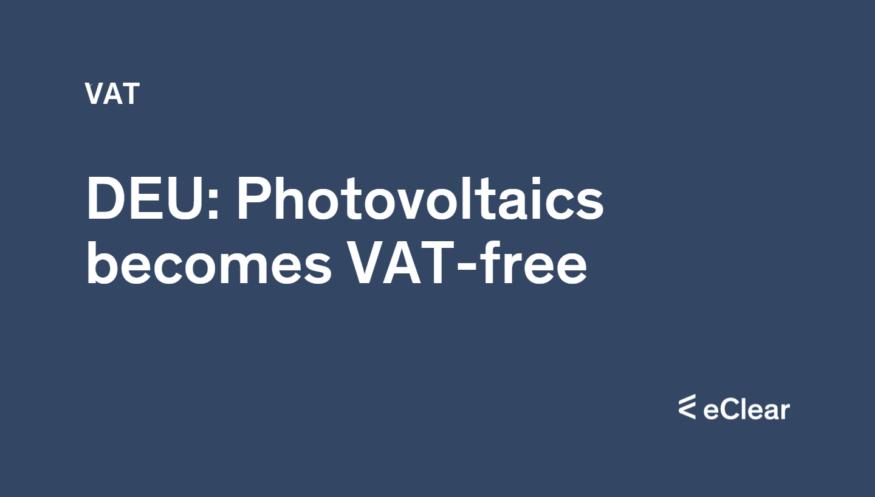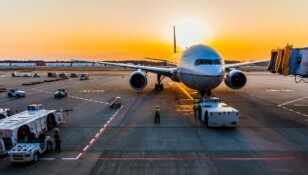At the end of the year, the German Bundestag discusses the Annual Tax Act, in which new regulations for the following year on various tax laws are adopted as a package. The Annual Tax Act 2022, passed by the Bundestag on 2 December, contains a complete change in the tax treatment of photovoltaic systems for the first time.
The legislative package contains three significant changes for photovoltaics:
- In the case of VAT, a new 0% tax rate will be introduced, enabling many buyers to purchase without VAT.
- Operators of small photovoltaic systems will be fully exempt from income tax, which applies to both new and existing systems.
- The German Tax Consultancy Act (StBerG) will be amended in such a way that income tax assistance associations will, in future, also be allowed to prepare income tax returns for operators of photovoltaic systems who are exempt from income tax.

New tax law for photovoltaic systems
The new rules will solve many of the tax problems with small photovoltaic systems and abolish tax bureaucracy here. However, the new rules will raise many application questions, especially during the transition.
Since the plans became known, it is mainly the VAT that has caused numerous questions. The newly introduced tax rate for photovoltaic systems of zero per cent, which has not existed in German tax law until now, takes some getting used to. This is made possible by a recently created regulation in the European VAT Directive, and Germany is a pioneer in its implementation. The sale of a photovoltaic system is not exempt from VAT, but the supplier or installer invoices the customer for the net price “plus 0 per cent VAT”.
A VAT exemption would have the consequence that the installation company, for its part, would not have the input tax offset by the tax office when purchasing the components and would therefore have to buy more expensively. The regulation now found with the zero tax rate, on the other hand, enables the usual input tax refund throughout the entire supply chain. The zero tax rate is only applied in the invoice to the end user.
Questions and first answers on the new tax regime
Especially in the transition to the zero tax rate, new questions and problems arise for buyers and sellers:
The system has just been delivered and installed. Should it still be put into operation?
For the zero tax rate to apply, the delivery and/or installation must be completed on 1/1/2023. If delivery and installation have been agreed upon, the system should only be completed and commissioned in the new year so that the supplier can apply the zero rate.
Can the storage be purchased in 2023 for a plant running now with the zero tax rate?
Retrofitting a storage tank to an existing installation will probably be able to be charged at the zero tax rate. The same applies to replacing essential components in existing installations (solar modules, inverters) from 2023.
Can I have the VAT for an already purchased system refunded by the tax office?
No, because the zero tax rate is not a refund option for paid VAT, but a tax rate to be applied when the delivery or installation is invoiced. However, if the specialist company initially incorrectly invoices 19 per cent for a system that will be completed in 2023, it can correct this invoice.
What about the 19 per cent VAT that the specialist company invoiced me for in the 2022 down payments if the system is not completed until 2023 and the zero tax rate then applies?
If the system’s delivery and installation are completed in 2023, the zero tax rate must be charged for the total amount. Down payments from 2022 were correctly still invoiced at 19 per cent. In the final invoice to the customer, the specialised company settles the system’s total price with the zero tax rate. The previously paid down payments, including VAT, are deducted. Thus, the customer only pays the net amount. The specialised company corrects the VAT from the down payments vis-à-vis the tax office and receives the VAT already paid from the down payment invoices back in this way.
If I still bought the system as a kit in 2022, and it has already been delivered and invoiced, can I still benefit from the zero tax rate in 2023?
In this case, the delivery is already fully completed in 2022, so the VAT rate remains at 19 per cent.
What is the situation if the system was supplied by one company and installed by another, and each was invoiced separately?
As a rule, these are two separate partial services; therefore, the tax rate is based on the date of delivery or installation. If electricity was supplied in 2022 and installed and commissioned in 2023, the supply must be invoiced at 19 per cent and the installation at zero per cent.
Does the electricity from the installation supplied to residential tenants in the house have to be sold with VAT?
The zero rate applies to the purchase and installation of the system and essential components – not to the supply of electricity generated by the system. Electricity deliveries must still be invoiced with 19 per cent VAT if the seller is liable for VAT. If he can choose the small business regulation and does so, no VAT is due on the electricity supply.
Would it be possible to benefit from the zero tax rate and simultaneously claim the artisan service for income tax?
This is possible because VAT law is not linked to income tax law.
Is a private customer entitled to the net price plus zero VAT, even if a gross price was agreed upon?
This depends on the agreement’s details in the sales contract and when it was concluded. If a gross amount was agreed upon without further information on the VAT, the seller is generally entitled to this gross amount, even if the VAT rate decreases. However, depending on the sales contract details, there may also be a legal claim to pass on the VAT reduction.
The next steps
The German Bundestag finally debated the Annual Tax Act on 2 December, and the Bundesrat still has to formally approve it on 16 December 2022 in its last session. Thereafter, the law will come into force, and the income tax exemption will already take effect retroactively for the current tax year, 2022.
As of 1 January 2023, the new tax rate of 0% will also be applied in VAT. It is yet to be foreseeable when the Federal Ministry of Finance publishes its application instructions.
Source: pv-magazine.de







